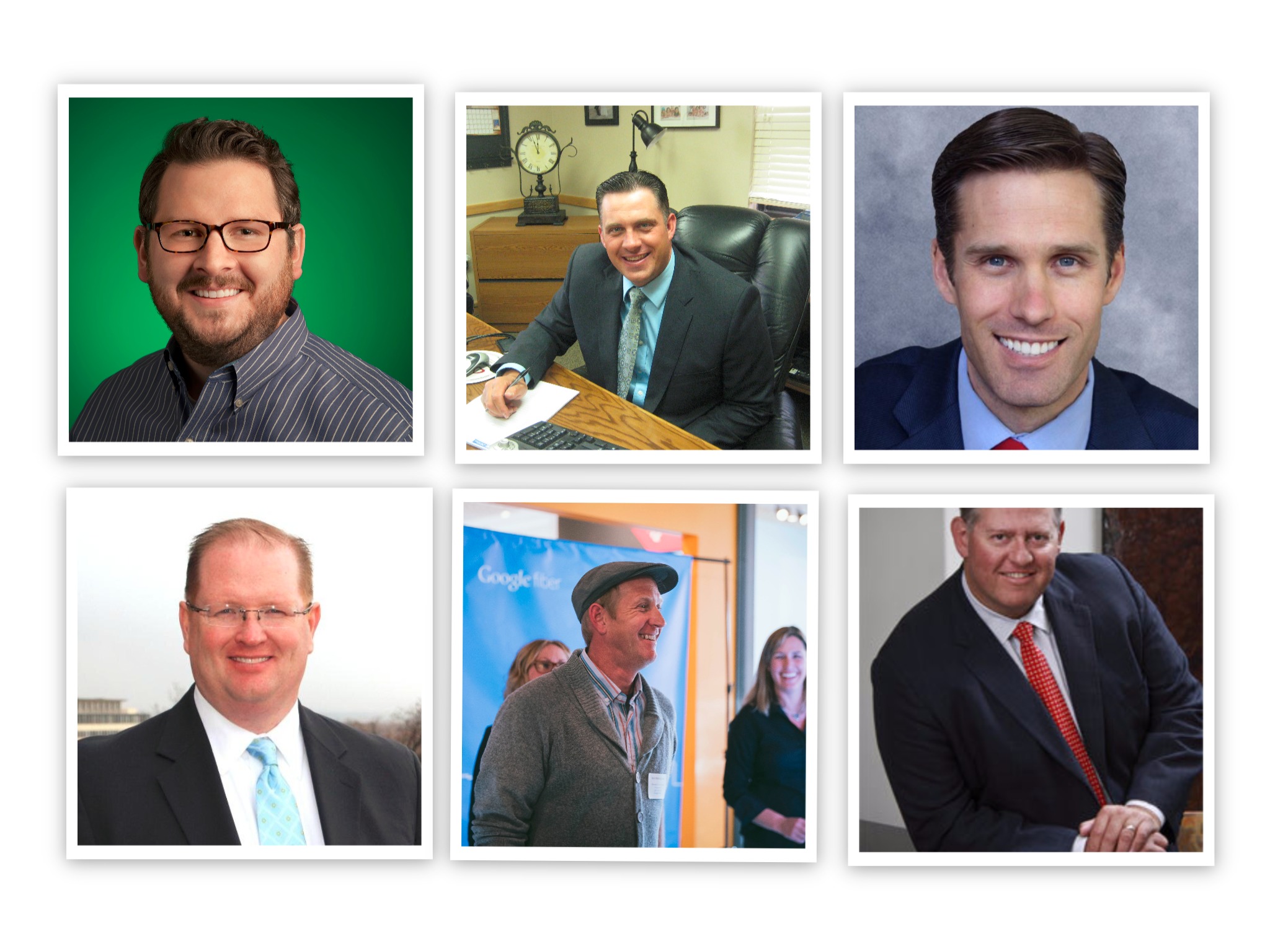Photographs and Biographies for ‘GigUtah: How Fiber Networks Are Transforming Salt Lake City, Provo and Utah’
Speakers for the Utah Breakfast Club and Broadband Breakfast Club Event 'GigUtah' [https://broadbandbreakfast.com/wp-content/uploads/2015/04/photovisi-download-1024x768.jpg]https://broadbandbreakfast.com/wp-content/uploads/2015/04/photovisi-download.jpg Speakers for the Utah Breakfast Club and Broad

From left to right, top to bottom: Devin Baer, Brock Johansen, Paul Cutler, Justin Jones, Nole Walkinshaw, David Shaw
SALT LAKE CITY, April 23, 2015 – Here are the brief bios for the panelists for GigUtah: How Fiber Networks are Transforming Salt Lake City, Provo and Utah,” which will WEBCAST live on Friday, April 24, at 2 p.m. ET/1 p.m. CT, Noon MT, and 11 a.m. PT from the Utah State Capitol Complex. For information and to register, please visit http://www.utahbreakfast.com/events/2015/4/24/utah-breakfast-club-april-2015, or register below:
Devin Baer currently oversees business operations for Google Fiber in Provo and expansion into Salt Lake. Prior to Fiber, he worked at Google’s headquarters in California, leading sales for other Google products. Devin and his wife Brittni have two children, ages 4 and 1.Brock Johansen is the General Manager and CEO of Emery Telcom in Orangeville, Utah. He is charged with planning, coordinating and controlling the company’s day-to-day business activities, developing and sustaining organization structure, and management of the company’s subsidiaries. Johansen represents the company’s interest in political and regulatory issues, on both state and federal levels. Emery Telcom provides landlines, fiber back haul, cable television, Internet, computers and electronics. Emery Telcom is deploying fiber-to-the-home in Carbon, Emery, Grand, and San Juan counties, and Johansen oversees these activities. Johansen is a graduate of J. Reuben Clark Law School at Brigham Young University.
Paul Cutler was elected Mayor of Centerville in November 2013, having previously served 8 years on the City Council. Centerville has been a member of UTOPIA since 2003. Approximately 27% of Centerville homes & businesses currently have a fiber connection from UTOPIA. Professionally, Paul has a BSEE, MBA, and has worked in the Wireless Communications/Network industry for the past 18 years.
Justin Jones is Vice President of Public Policy, Salt Lake Chamber of Commerce, which stands as the voice of business, which supports its members’ successes, and which champions community prosperity.
Nole Walkingshaw is the Manger of Institutional Engagement for Salt Lake City. He is one of the project managers for Salt Lake City’s effort in bringing Google Fiber to Salt Lake City. Additionally, Nole is working on the White House Tech Hire Initiative and Salt Lake City’s Digital Inclusion Strategy. As a volunteer he is the Co-Captain of the Salt Lake area Code for America Brigade Open Salt Lake. He is also working closely with the State of Utah’s IT group on the new Open Data Portal at https://opendata.utah.gov/.
David Shaw is Chair of Government & Utilities industry section of Kirton McConkie in Salt Lake City. His practice specializes in information technology, telecommunications, public utilities, and contract drafting and negotiations. Mr. Shaw has extensive experience in all aspects of representing municipalities and governmental agencies, including the use of complex governmental finance mechanisms to launch innovative projects, having served as issuer’s counsel in various municipal bond transactions. He is a recipient of the “Star Award” from the FTTH (Fiber-to-the-Home) Council and was named a 2009 Mountain States Rising Star.
Moderator (not pictured here):
Drew Clark is Of Counsel at Kirton McConkie, which enhances clients’ ability to construct and operate high-speed broadband networks in public-private partnerships. He is also the founder of the Utah Breakfast Club and the Broadband Breakfast Club, which tracks the development of Gigabit Networks, broadband usage, and universal service. He brings experts and practitioners together to advance the benefits provided by broadband: Job creation, telemedicine, online learning, public safety, energy, transportation and eGovernment. In April 2015, Clark was elected President of the Rural Telecommunications Congress, a national non-profit organization devoted to ensuring a strong future for rural America.










